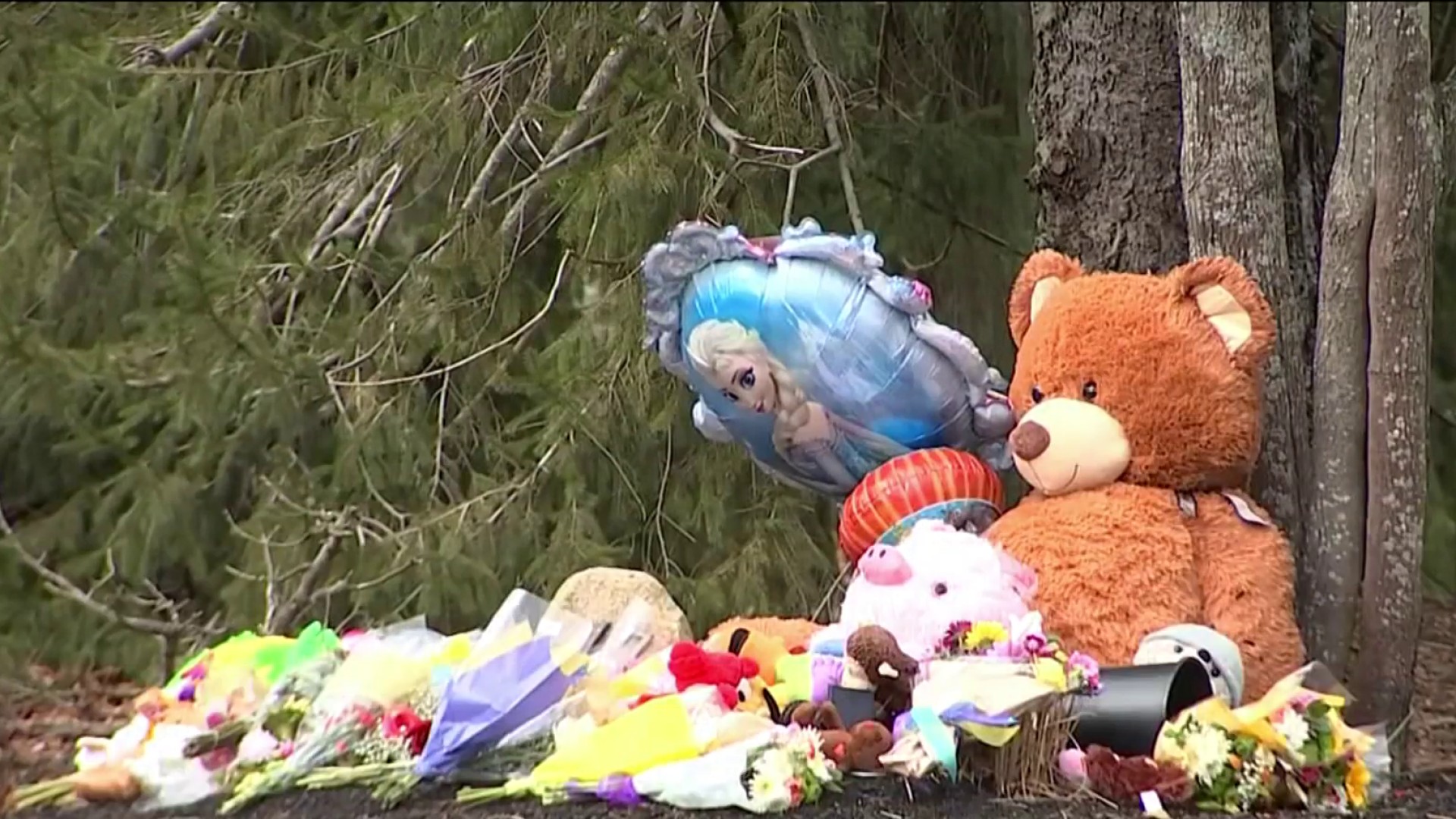The powerful words from a Duxbury, Massachusetts, father asking the community to forgive his wife, who is accused of killing their children, are resonating with many.
Patrick Clancy released a long statement over the weekend. In it, he described all three of their children and his wife Lindsay Clancy.
“The real Lindsay was generously loving and caring towards everyone – me, our kids, family, friends and her patients. The very fibers of her soul are loving,” he wrote.
Duxbury town manager Rene Reed said he got choked up reading the statement over the weekend.
“I think anybody that reads it, myself included, you become awash with emotion,” Reed said.
Reed said the emotion in town has evolved from just anger and sadness. He said there is now a sense of empathy as well.
“Patrick’s comments have provided a tremendous amount of comfort for those wondering how to handle their emotions. He’s provided a beacon of light,” Reed said.
It is a light for those experiencing what Dr. Deborah Offner calls vicarious trauma. She is a clinical psychologist and published author based in Newton.
More on Duxbury
“Because you’re empathizing and thinking about putting yourself in the family’s place. It can make you upset and also scared thinking could this happen to me,” Dr. Offner said.
Offner said the empathy for Lindsay Clancy is not surprising considering the spotlight the case is putting on mental health and postpartum conditions.
“The culture is much more open about mental health than even 10 years ago. A lot of people can relate,” Dr. Offner said.
Nancy Caissie understands it. She lives in Nashua, New Hampshire, and has never met the Clancy family, but after losing her husband to suicide, she felt compelled to write a letter back to Patrick Clancy. In it, she thanks him for forgiving his wife and writing about what she was like before her serious illness took hold. She posted her letter on social media and it has since been shared over 3,000 times.
“Nobody can understand what he’s going through, but I can understand the loss due to mental health and I just pray we are working on de-stigmatizing. I think every little bit helps,” Caissie said.
If you or someone you know needs help, please contact the Suicide and Crisis Lifeline by calling 988, call the National Suicide Prevention hotline at 1-800-273-8255 or reach out to the Crisis Text Line by texting ‘Home’ to 741741 anytime.



